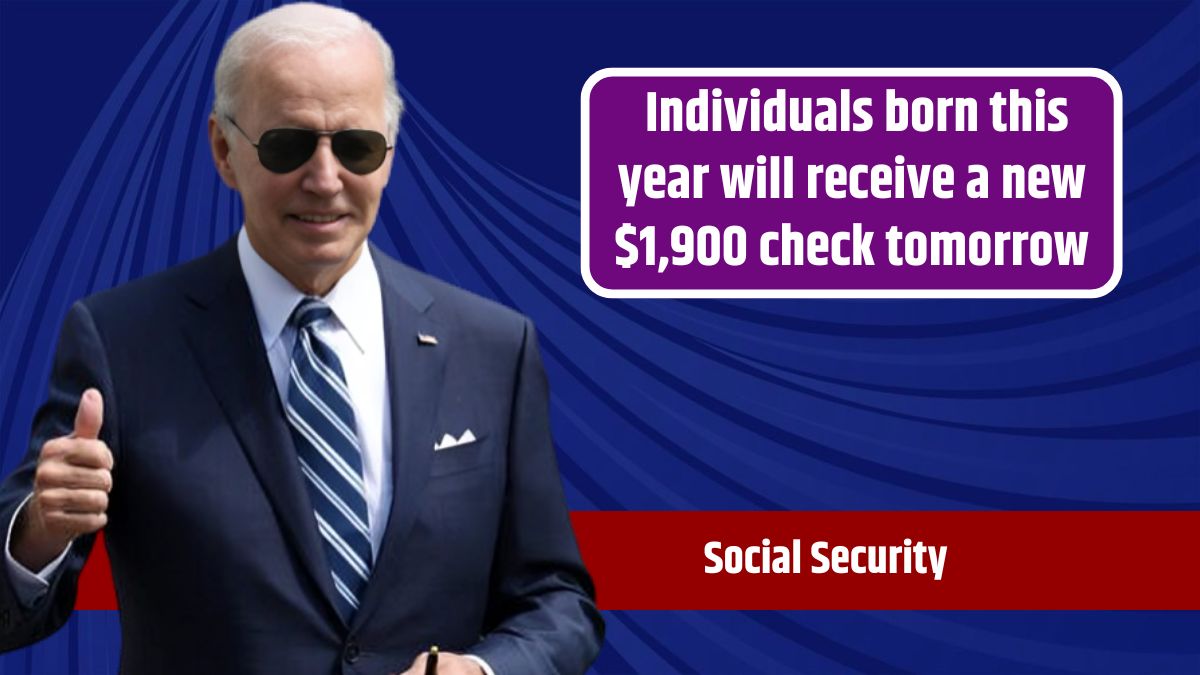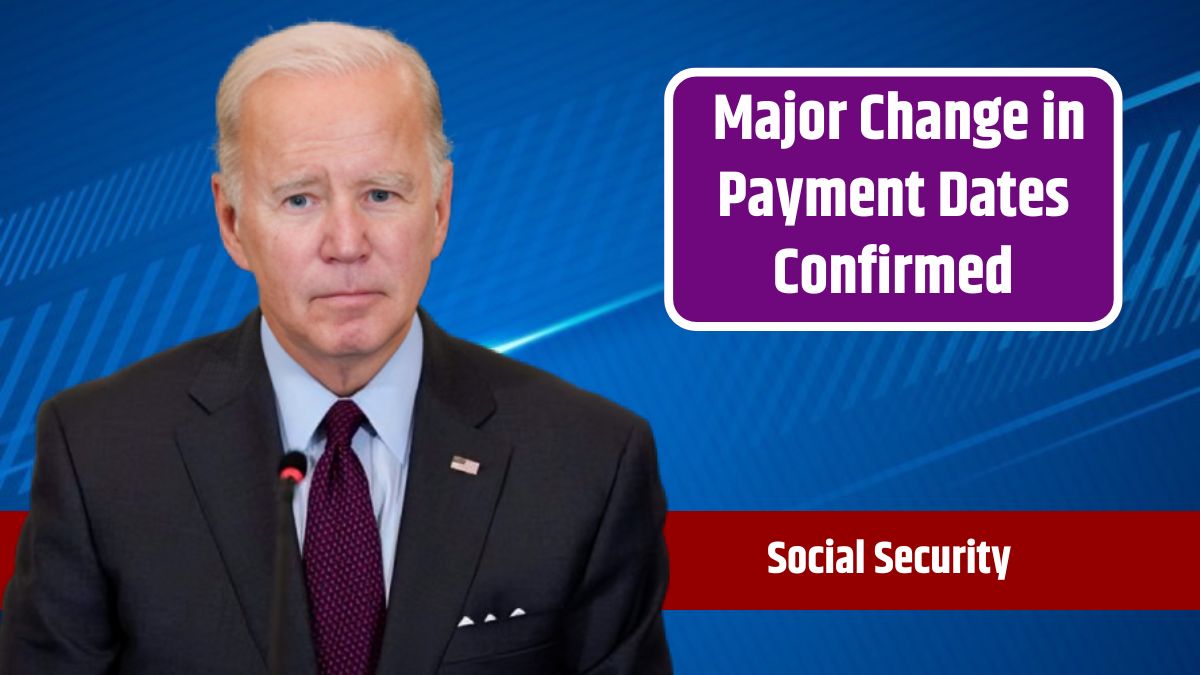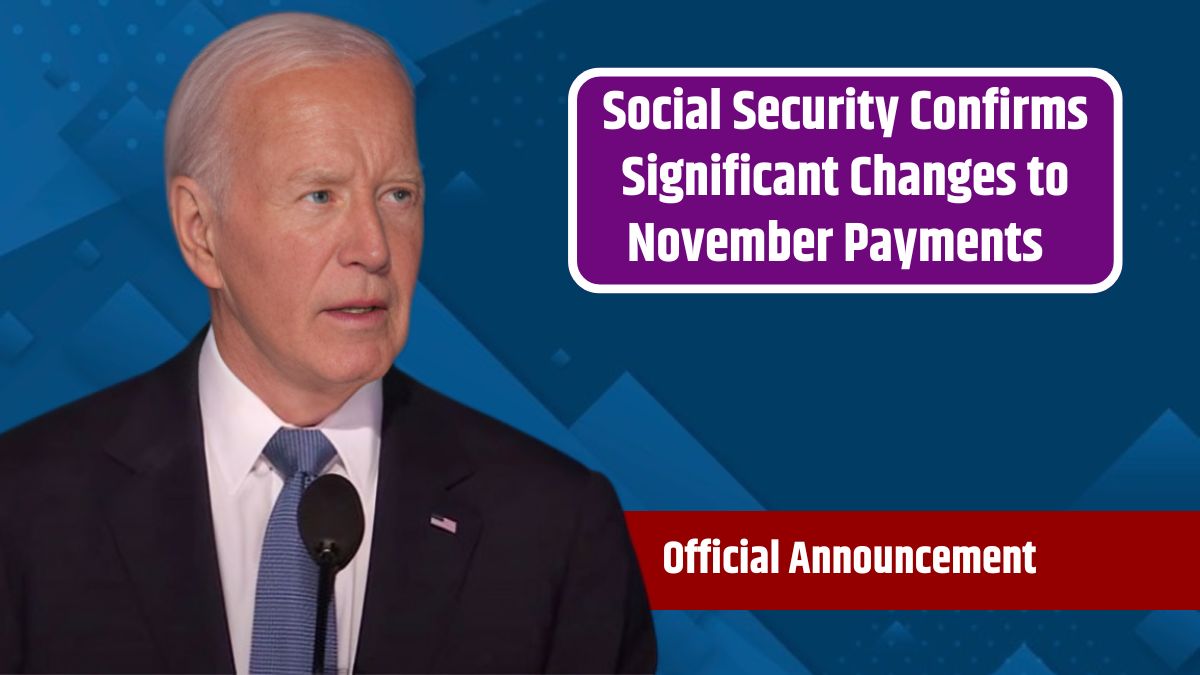If you’re receiving Supplemental Security Income (SSI), there’s some good news on the horizon. The Social Security Administration (SSA) has confirmed an additional direct payment for SSI recipients next week. Normally, SSI payments are disbursed on the first day of each month unless that date falls on a weekend or federal holiday. When that happens, the payment is made on the last business day before the first. This month, that means recipients will get two payments—one at the beginning of August and another on Friday, August 30th, since September 1st is a weekend.
Dates
Knowing the payment schedule is key to managing your finances. Here’s a quick rundown of the confirmed SSI payment dates for the remainder of the year:
- Thursday, August 1st
- Friday, August 30th (instead of September 1st)
- Tuesday, October 1st
- Friday, November 1st
- Friday, November 29th (instead of December 1st)
These adjusted dates ensure you receive your benefits on time, even when the first of the month doesn’t align with a regular business day. If your payment doesn’t arrive on the expected date, it’s recommended to wait three mailing days before contacting SSA Customer Service. You can also log into your “My Social Security” account online to check your payment status, download statements, and manage your benefits.
Eligibility
To qualify for SSI benefits, U.S. citizens must meet certain financial criteria. The program is designed to assist low-income seniors, disabled individuals, and children who face financial hardship. The income and resource thresholds are as follows:
- Individuals: $2,000
- Couples: $3,000
If you meet these requirements and are either over 65, disabled, or a child with financial needs, you’re eligible for SSI payments. On average, SSI recipients receive about $658 per month, but the amount can vary depending on individual circumstances. For example, individual recipients can receive up to $943, while couples can receive up to $1,415 monthly.
August Payments
Given that this month includes an extra payment, the totals are higher. Here’s what eligible recipients can expect:
- Individuals: $1,316
- Couples: $2,830
- Average recipient: $1,886
This extra payment provides a much-needed boost, helping recipients manage their expenses as the cost of living continues to rise.
Tax Information
One of the common concerns for SSI recipients is whether their benefits are taxable. Fortunately, the IRS does not tax Supplemental Security Income. SSI is funded by the federal government, with Social Security only managing applications and payments. However, it’s important to note that SSI is different from other Social Security benefits, such as retirement, survivor, and disability benefits, which can be taxable under certain conditions.
For example, if your combined income exceeds $25,000 as an individual or $32,000 as a couple, up to 85% of your retirement or SSDI benefits may be taxable. If you’re married but file separately, you may face taxes on your benefits regardless of your income level. It’s generally recommended to file jointly if you want to avoid taxes on your Social Security benefits.
If your only source of income is SSI, you typically won’t owe taxes, but it’s wise to review your financial situation to ensure you’re meeting all requirements.
Receiving SSI benefits can be a lifeline for those in need. Knowing when you’ll receive payments and how they affect your taxes can help you better manage your financial health.
FAQs
When is the extra SSI payment in August?
The extra payment is scheduled for Friday, August 30th.
Do SSI payments come on weekends?
No, payments are made on the preceding business day.
Who is eligible for SSI benefits?
Low-income seniors, disabled individuals, and children qualify.
Is SSI income taxable?
No, SSI benefits are not subject to taxation.
How much can SSI recipients earn monthly?
Up to $943 for individuals and $1,415 for couples.









